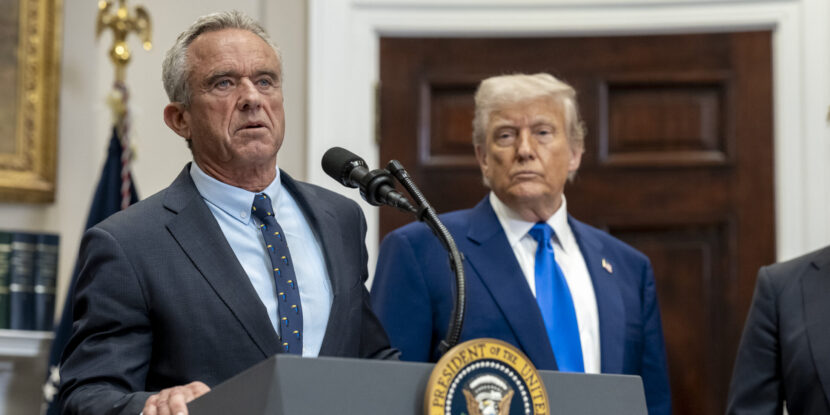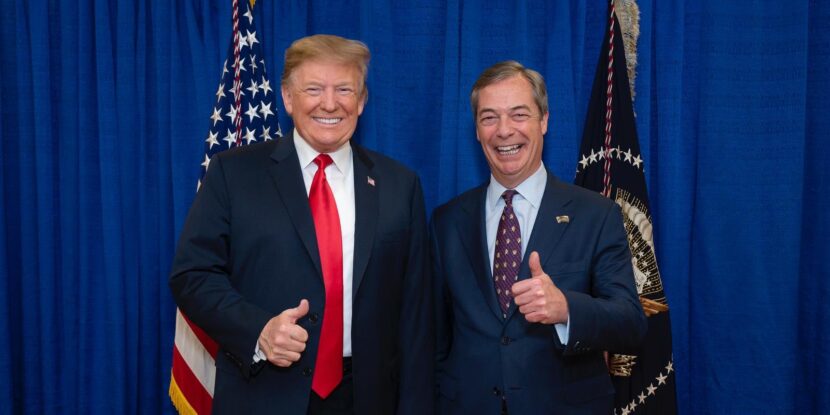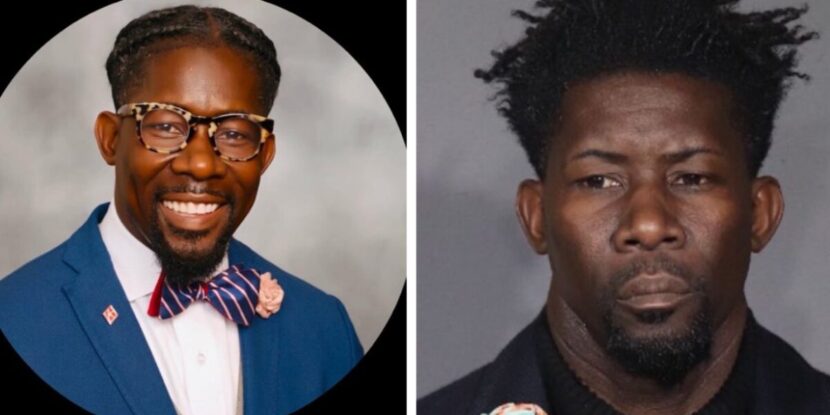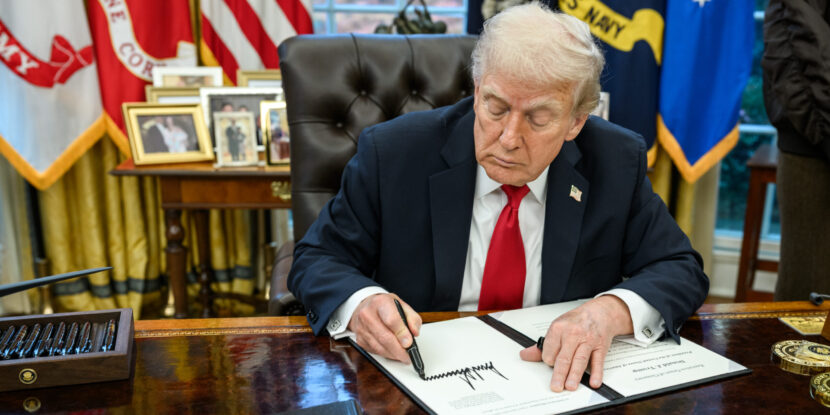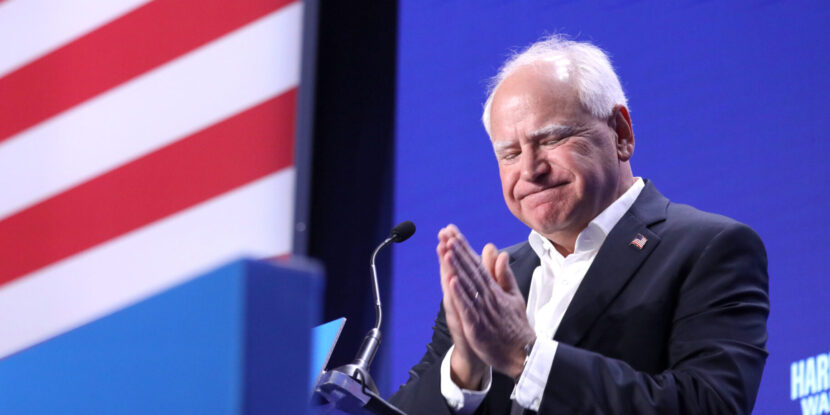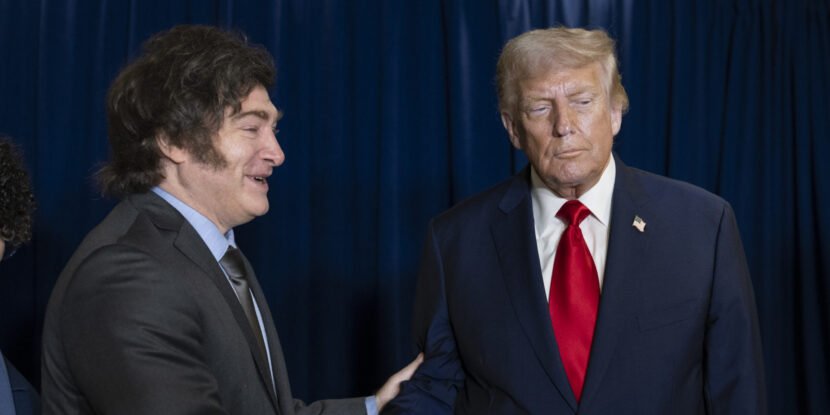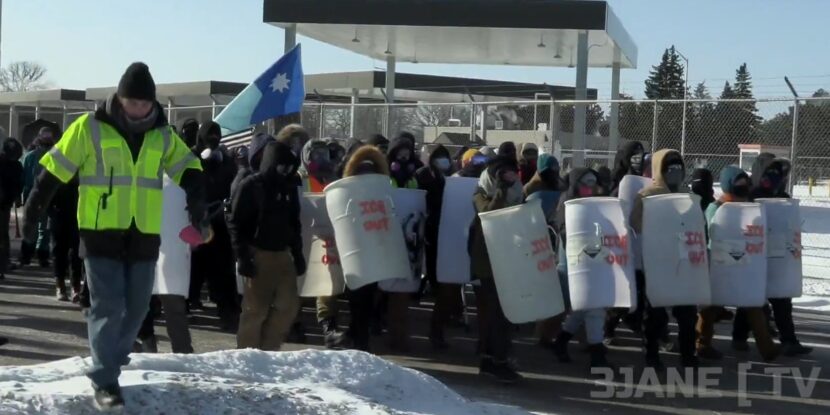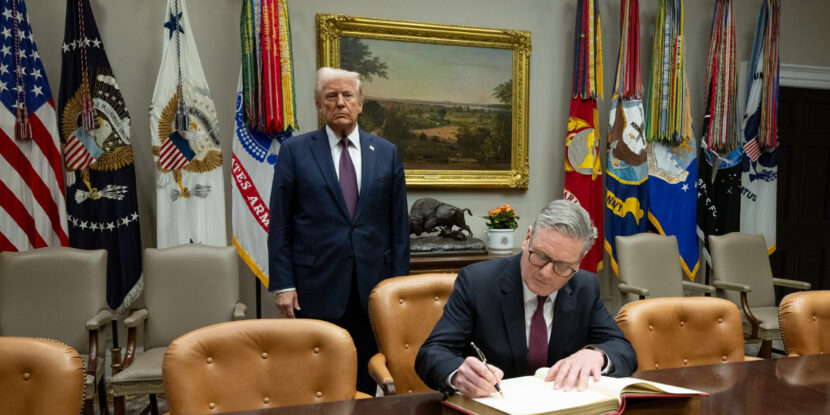❓WHAT HAPPENED: The Trump administration is taking steps to onshore the production of active pharmaceutical ingredients (APIs) and reduce reliance on China.
👤WHO WAS INVOLVED: John Knox, Principal Deputy Assistant Secretary for Preparedness and Response at the Department of Health and Human Services (HHS), Health Secretary Robert F. Kennedy Jr., and President Donald J. Trump.
📍WHEN & WHERE: This month, with ongoing efforts including new manufacturing partnerships in Virginia and Maryland.
💬KEY QUOTE: “It really is a critical national security issue at this point when we have these trade wars and economic issues going on.” – John Knox
🎯IMPACT: Efforts aim to strengthen U.S. national security and reduce dependency on foreign pharmaceutical supply chains.
Officials at Robert F. Kennedy Jr.’s Department of Health and Human Services (HHS) have stated that the U.S. is taking concrete steps to reduce its reliance on foreign nations for critical drug ingredients, particularly China and India. Principal Deputy Assistant Secretary for Preparedness and Response John Knox said in a recent interview, “There’s a lot of levers that can be pulled and need to be used in order to bring onshoring back.”
According to Knox, 70 percent of active pharmaceutical ingredients (APIs) and key drug-making materials used in the U.S. are sourced from China and India. He noted that China alone produces about 90 percent of the world’s antibiotics. “It really is a critical national security issue at this point when we have these trade wars and economic issues going on,” he said.
The U.S. dependence on Chinese pharmaceutical manufacturing stems from years of cost-cutting by major drug companies, which moved production overseas due to lower labor costs and looser regulations. As a result, China has become the world’s largest supplier of generic drug ingredients and essential medicines. Experts have long warned that any disruption in China, whether due to trade wars, natural disasters, or political tensions, could severely impact America’s access to life-saving treatments.
To address this vulnerability, President Donald J. Trump recently signed an executive order to expand the Strategic Active Pharmaceutical Ingredients Reserve (SAPIR), a federal stockpile designed to secure a domestic supply of essential drug components. The White House said the move is part of a broader effort to “safeguard national health and security against global supply chain disruptions.”
Knox pointed to successful examples of domestic drug production, such as batch manufacturing facilities in Petersburg, Virginia, and rapid, on-demand pharmaceutical systems in Rockville, Maryland. “Over here at ASPR and through our IBMSC Program, we’re looking at innovative technologies [and] using that American ingenuity to create new ways to make these medications so that we’re not so dependent on foreign sources,” he said, expressing hope that future public-private partnerships will help restore U.S. pharmaceutical independence.
Join Pulse+ to comment below, and receive exclusive e-mail analyses.
